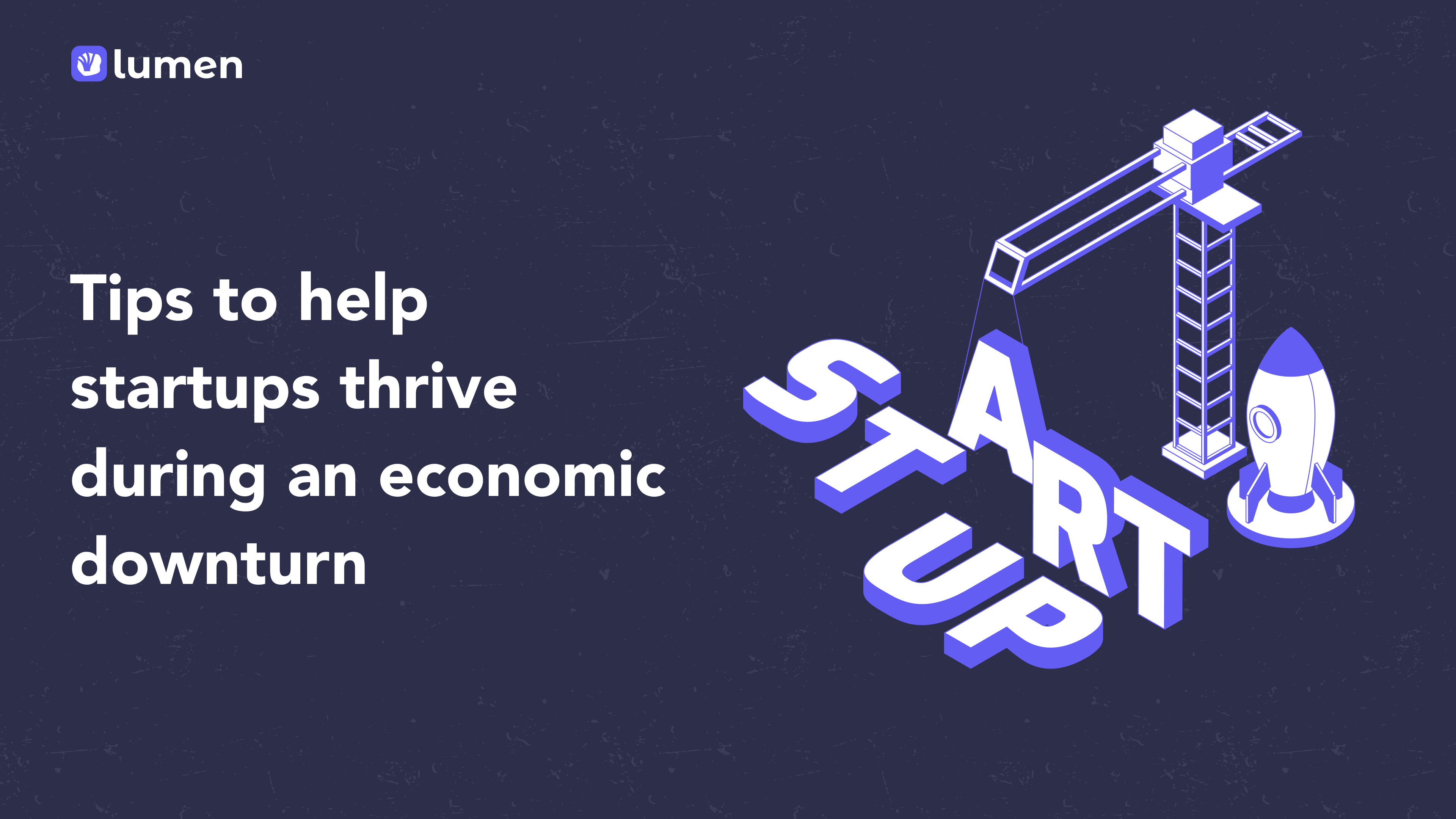Meta laid off 11000 people, Amazon laid off 10000 people, Twitter laid off 3700 people, and Stripe laid off 1000 people.
These people were laid off from seemingly successful startups, and these numbers don’t include people who have resigned.
The world’s economy is in a recession, and the numbers above prove that. People are even beginning to say that this recession might become as bad as that of the Great Recession of 2007-2009.
As the black clouds of recession loom, employees are not the only ones affected, as startups are beginning to see a reduction in financial and economic activities from their customers.
If you are a startup that’s currently experiencing this, here are 6 tips that can help you survive this economic downturn with your company intact:
Communicate frequently with your customers.
Explain to your customer how your product can help them address their key priorities, especially in this period. Inform them about new offerings, promotional offers, or other things.
Regular interaction is essential because it helps them remember your business. You can communicate through SMS, Email, and push notifications using Lumen. It is also important that these messages are tailored to your customer’s needs, especially when it comes to your product.
Also, ask yourself, what can your startup do that will make it matter to customers more than before?
Do you need to add a new layer to the services/products you provide? During the pandemic, a lot of businesses did that, and it proved very successful for them.
Look for where cost cuts can be made.
You look at this, and you are probably thinking mass layoffs and that is a perfectly normal response, but before implementing layoffs, look through your company for areas where you can consolidate or cut costs.
A good place to look when trying to cut or consolidate costs is your supply chain. Cut a deal with your suppliers that helps you lock down an amount in exchange for you increasing your inventory or signing a long-term deal.
Another place to look will be SaaS software subscriptions. These things are expensive, and data shows that 71% percent of people waste over $50 a month on unwanted subscription fees. As an early-stage startup, do you really need all the software subscriptions you currently have?
If all these fail you can then begin to consider layoffs, don’t let it be a rash impulsive decision that you might be struggling to fix in a few months. Instead, let it be one that carefully considers where redundancies lie.
Spend a bit more on marketing and advertising.
This might seem counter-intuitive as you are supposed to be pulling back on spending, but if you can afford to, spend a bit more on marketing and advertising.
Why? A lot of companies pull back on advertising during a downturn, but what that means is that there is a void. A void that has been created by your competitors and one that you can fill.
It might not pay off immediately, but over time you will be the only one in your ideal customers’ faces, and the gamble will pay off big time.
Outline immediate priorities for your team during this period.
One thing that rings true for every economic downturn is that resources are scarce, so you need to ensure that every resource spent goes to the most important of tasks.
Set out essential priorities for every team from engineering and marketing, and ensure that they are very efficient.
To set out important priorities, you need to know in clear detail the results needed for your startup to make it out of an economic downturn.
Stop dedicating resources to poor-performing products/services.
An economic recession is a good time for your startup to audit products and services and carefully consider what’s working and what’s not working.
It's possible that some products and services are not performing as well as possible, and it is time to stop dedicating resources to them.
Doing this can make your workforce more efficient, as they are no longer spread as thin and can have more time for improving best-performing products.
Pay attention to data and make data-driven decisions.
An economic downturn is a time of instability and uncertainty, but it is also a time filled with opportunities, so now is a good time to be on the lookout for new innovative and cost-cutting opportunities. It is also a time to make data-driven decisions.
For example, during the pandemic, European legislators advised streaming platforms to switch to standard definition during peak hours to help internet providers deal with the large volume of data.
This quick decision-making involved paying close attention to data and making changes in a short timeframe without disrupting user activity and their overall user experience.
How can Lumen help?
Remember the part about communicating frequently? Lumen helps with that.
It helps you create and send out personalized broadcast messages to your customers. Messages on offerings, discounts, how they can use the product, and so much more.
Lumen also gives you insights and data into your customers, so you can make data-driven decisions that don’t affect users.
Sign up to use Lumen or get a demo by visiting uselumen.co.

